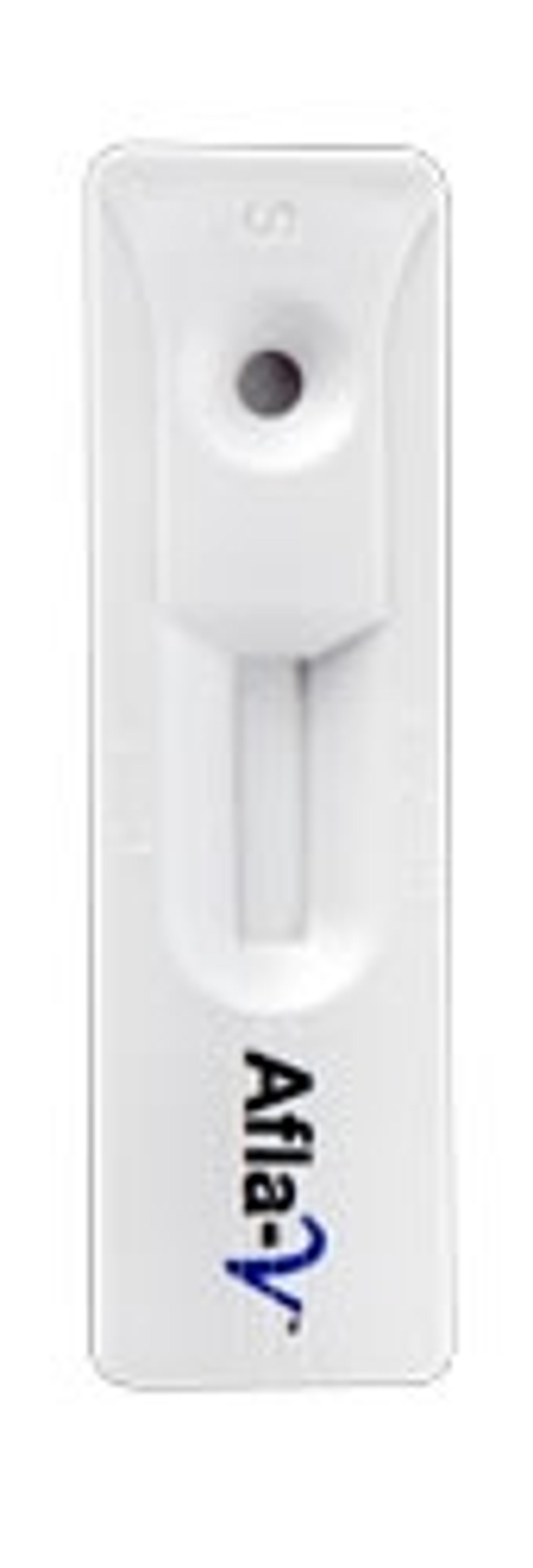VICAM Introduces the Afla-V AQUA, an Eco-Friendly Aflatoxin Testing Solution
19 Aug 2014
Waters Corporation today announced VICAM®, A Waters® Business, introduced a new, “green” method for detecting aflatoxins in grains. The Afla-V® AQUA™ will allow grain, feed and food companies that perform VERTU® rapid strip tests for aflatoxin to now perform the test with fewer steps and without the need for organic solvents, such as methanol.
Traditionally, a methanol/water mixture is used to extract the aflatoxins from grains before analysis; however, methanol is expensive, flammable and must be disposed of as a hazardous waste. This makes the Afla-V AQUA especially desirable for large grain storage and processing operations, where large testing volumes create high hazmat disposal costs. Furthermore, in some countries, methanol must be registered with the government to purchase, store and use on-site.
"VICAM saw the industry needs for a green testing method, while still being simple, sensitive and easy to use", said Marjorie Radlo-Zandi, General Manager, Director of Operations at VICAM. “The only solvent required for use with the new AQUA product is water.”
The Afla-V AQUA Strip Tests utilize the proven sensitivity and selectivity of VICAM’s monoclonal antibodies to accurately detect and measure total aflatoxins (B1, B2, G1 and G2) at levels as low as 2.5 ppb and as high as 50 ppb. Afla-V AQUA utilizes a water-based, dilution-free extraction procedure that develops in just five minutes. Results are displayed on the digital screen and may also be printed or transferred to Excel for storage and used as a vital quality assurance tool.
Aflatoxins are naturally occurring chemical byproducts of mold species, which are natural inhabitants of crop soils. Severe rain and drought can encourage aflatoxin production, and once released, aflatoxin and other mycotoxins are difficult to manage and nearly impossible to destroy. Aflatoxin B1 is classified as a Group I carcinogen and is highly toxic even at very low concentrations. The USDA, FDA, EU, and other international government agencies impose specific regulations and guidelines for acceptable levels of mycotoxins. Producers and exporters use on-site and laboratory testing to ensure regulatory compliance and to protect human and animal health from illnesses associated with mycotoxins, including cancer and feed refusal in animals.

